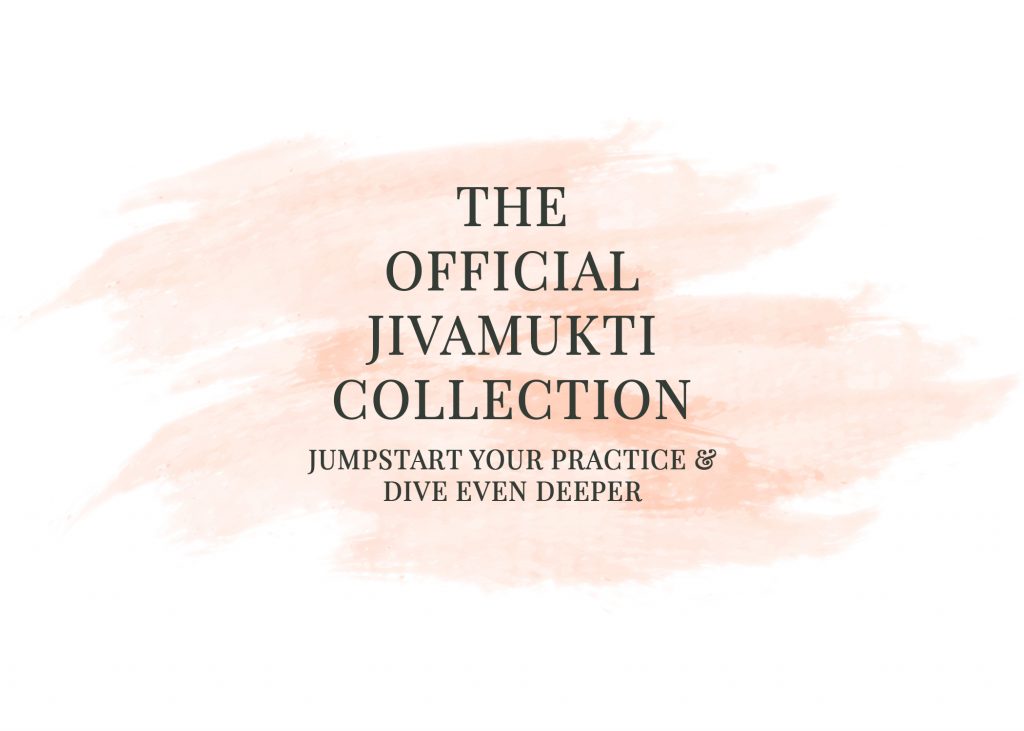Let’s look more closely at the meaning of each word of this invocational mantra:
lokah: location, realm, all universes existing now
samastah: all beings sharing that same location
sukhino: centered in happiness and joy, free from suffering
bhav: the divine mood or state of unified existence
antu: may it be so, it must be so (antu used as an ending here transforms this mantra into a powerful pledge)
This is a prayer each one of us can practice every day. It reminds us that our relationships with all beings and things should be mutually beneficial if we ourselves desire happiness and liberation from suffering. No true or lasting happiness can come from causing unhappiness to others. No true or lasting freedom can come from depriving others of their freedom. If we say we want every being to be happy and free, then we have to question everything that we do-how we live, how we eat, what we buy, how we speak, and even how we think.
Karma means “action.” It covers all actions-thought, word, and deed. The law of karma says that for every action there is a reaction. Albert Einstein was reminding us of the law of karma when he pointed out that space is curved. Whatever is thrown out there will eventually, but inevitably, find its way back to its origin. So we should be careful about what we choose to think, say or do, because we will be revisited by our actions in due time.
This may be a difficult idea for some of us to grasp, as we have been so thoroughly conditioned by our culture of slavery, violence and denial. We have been told over and over again that we don’t have to take responsibility for our actions, and that our individual actions don’t matter much to the whole-much less to ourselves. In the United States there is a common refrain when one’s actions are challenged or questioned: “It’s a free country!” Legally free, yes, but where are our actions taking us? Our actions are in fact probably the most important and defining aspect of how our future world will be shaped.
We assure our own future suffering by what we do to animals now. When we choose to eat meat, eggs or dairy, we are denying living beings the happiness and freedom we so want for ourselves, but so often find hard to attain. These warnings date back thousands of years to the Yoga Sutras, whose dictates are as relevant today as they were then. We each weave our own tangled web of karma and will most certainly become entangled in it, as our reality is being created from our own actions. When we chant, speak or even just think the words lokah samastah sukhino bhavantu, if we include all the other animals with whom we share this planet in our concept of “all beings,” including the animals we use for food, we can start to create the kind of world we want to live in – a kind world.
The practices of yoga can guide us toward right action and a lifestyle guided by compassionate concern for the happiness of others. The first step toward understanding the link between how we treat others and our own happiness and liberation is to look at the deeper aspects of what the practice of yoga may be able to reveal to us.
adapted from Yoga & Vegetarianism by Sharon Gannon

